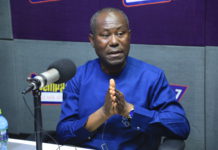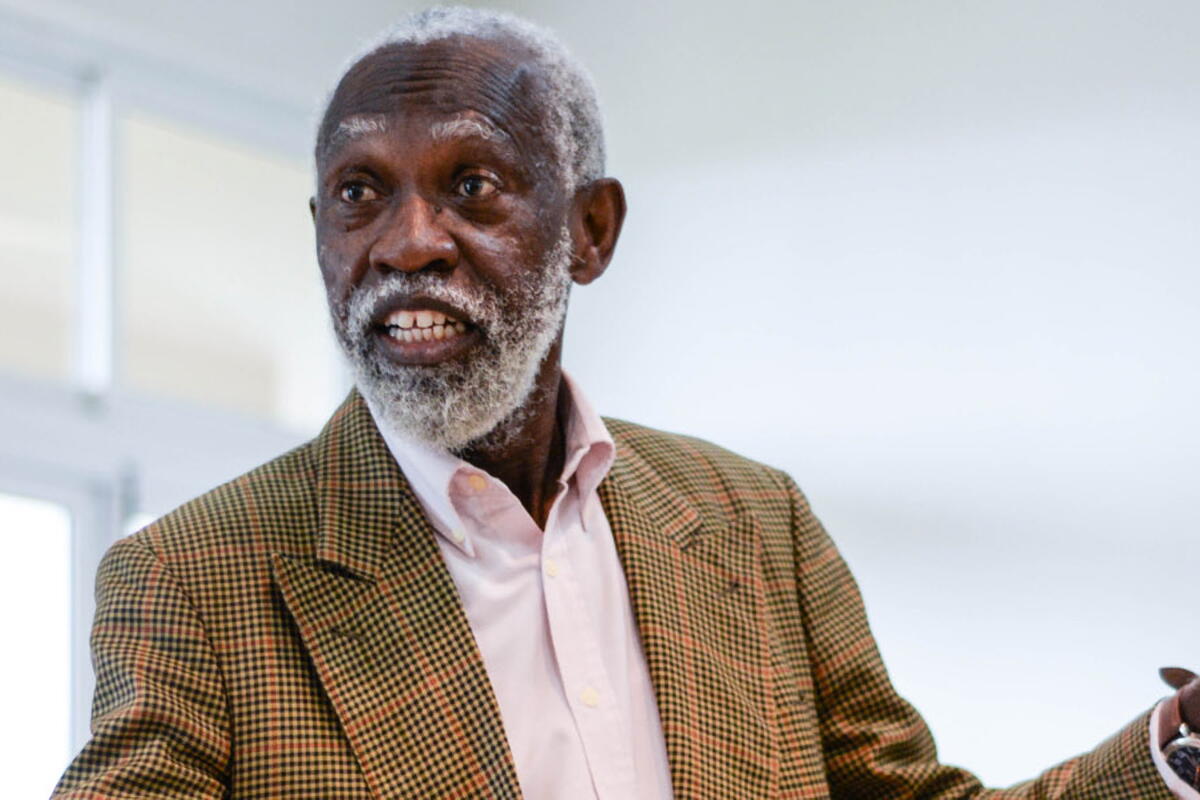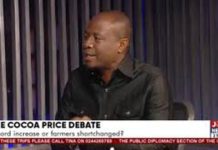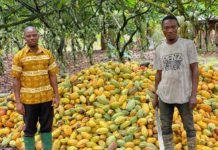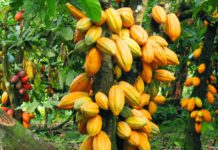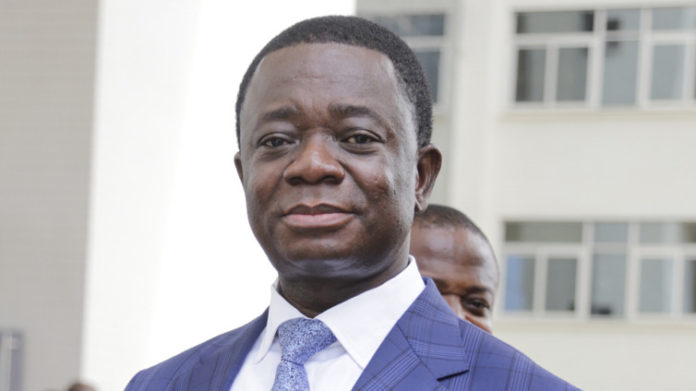
A Senior Staff at the Operational Unit, Economic and Organised Crime Office (EOCO) said they never completed investigations into the alleged fraudulent importation of agrochemicals sold to COCOBOD.
Mr Paul Adjei Gyang told the Accra High Court hearing the trial involving Dr Stephen Opuni, the Chief Executive of COCOBOD, Seidu Agongo and Agricult Ghana Limited, that during the investigations, the Organised Crime Unit, which he used to head, was asked to hand over the docket to the Police for further investigation.
Mr Gyang, who is the subpoena witness for Mr Agongo, gave his evidence led by Counsel for the accused person, Mr Benson Nutsukpui.
Dr Opuni and Mr Seidu Agongo, a Businessman, are facing 27 charges, including defrauding by false pretenses, willfully causing financial loss to the State, money laundering, and corruption by a public officer in contravention of the Public Procurement Act.
They have both pleaded not guilty to the charges and are on a GH¢300,000.00 self-recognizance bail each.
He said it was around January 17, 2017, that an investigation was referred to the Unit through the Deputy Executive Director of Operations from the Executive Director of EOCO.
He said Dr Adu Amponsah, the Deputy Chief Executive in charge of Agronomy and Quality Control at COCOBOD brought in samples of Lithovit to have it tested.
“I was called into the Executive Director’s Office and given the bottles of the product together with covering letter from COCOBOD, which had details of the product,” he added.
He said one of the samples was sent to the Ghana Standards Authority, while the other was sent to the Chemistry Department of the University of Ghana for testing.
Mr Gyang said the testing was to establish through experts whether the chemical was fertilizer.
When shown a copy of the report received by the Unit as part of the evidence before the court, the witness confirmed it but said the evidence does not have a cover letter as it was addressed to EOCO.
The court, therefore, directed the witness to provide from his outfit a copy of the cover letter that came with the report.
The witness told the court that the face of the report that represented the chemical lacked the necessary ingredients to make it a fertilizer.
He said after the Executive Director of EOCO went through the report, he directed that Agongo should be charged with the appropriate offence immediately and Agongo was invited.
He said Agongo requested for a copy of the report initially for his lawyers to enable them to advise him, but he objected to the request.
He said Agongo was informed after the report was submitted but insisted that the product submitted for testing might not be part of what he supplied to COCOBOD.
The witness said after some deliberations, it was agreed that they should still have some products from the COCOBOD warehouse, where suppliers were informed to assist in identifying the products to be tested to avoid any objection.
“All the suppliers were written to, to assist in the selection of the products to be tested and in this case Agongo came with his lawyers,” he added.
Mr Gyang said according to the investigator, when they went to the warehouse, there were two security personal present from COCOBOD.
According to the investigator, they were given one liter of lithovit, which seal had already been broken.
Asked what the arrangement was, the Executive Director of EOCO said the arrangement was that both the suppliers and the receiver met with COCOBOD officials.
He said they met two security men, attended on behalf of COCOBOD, and they gave the team a liter of lithovit with a broken seal.
According to the witness, Agongo initially rejected the product looking at the broken seal but seeing the label on it, he said it was his but could not guarantee the content and the parties agreed for the product to be sent to Ghana Standards Authority.
The witness said on June 30, 2017, the product was sent for testing and the Office received the second test report from the GSA and a copy addressed to the Executive Director of EOCO.
He said from the report’s surface that the second testing indicated that lithovit was a fertiliser and the witness agreed with the defence that even with the seal being broken, the content was fertiliser.

